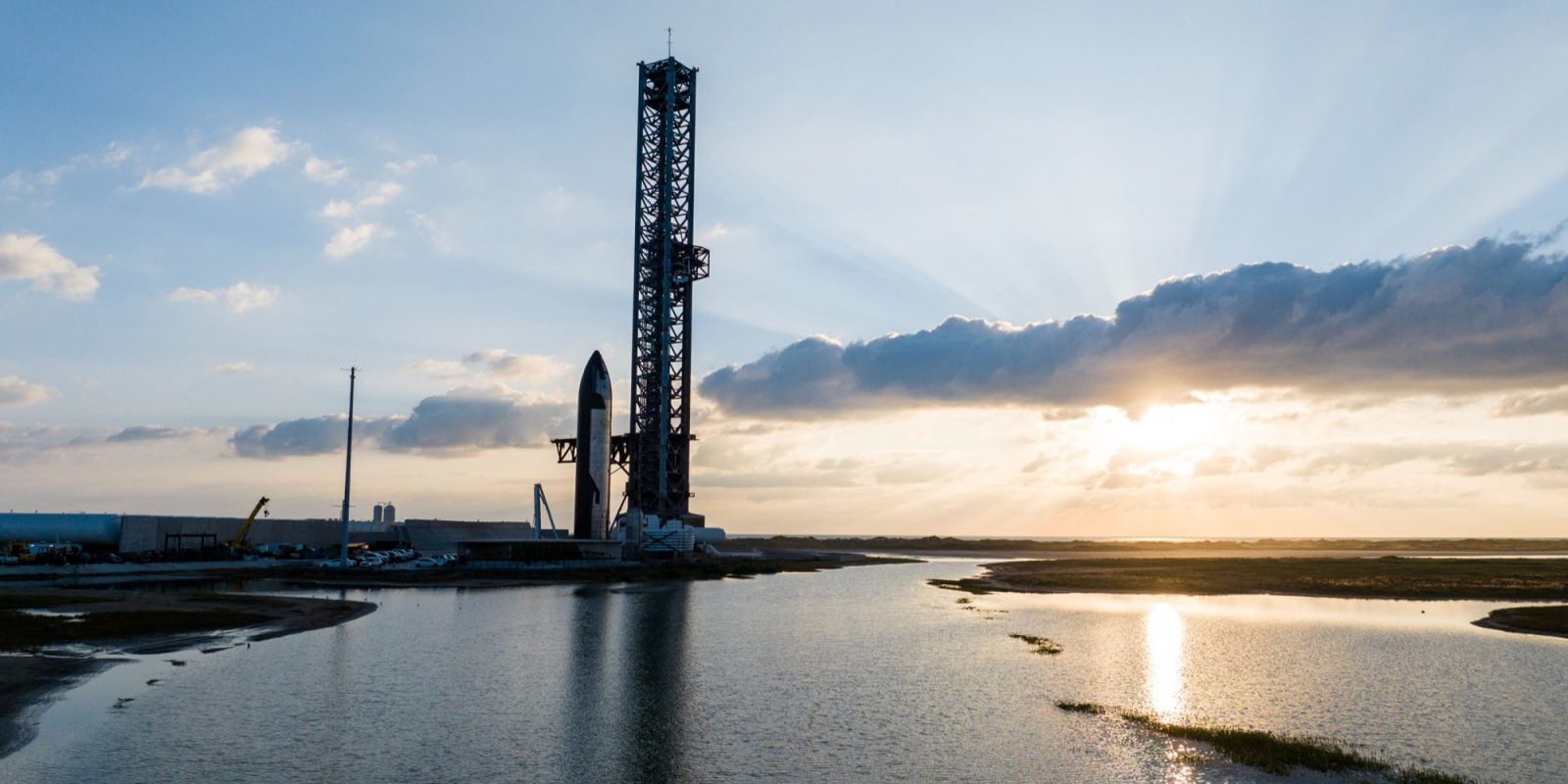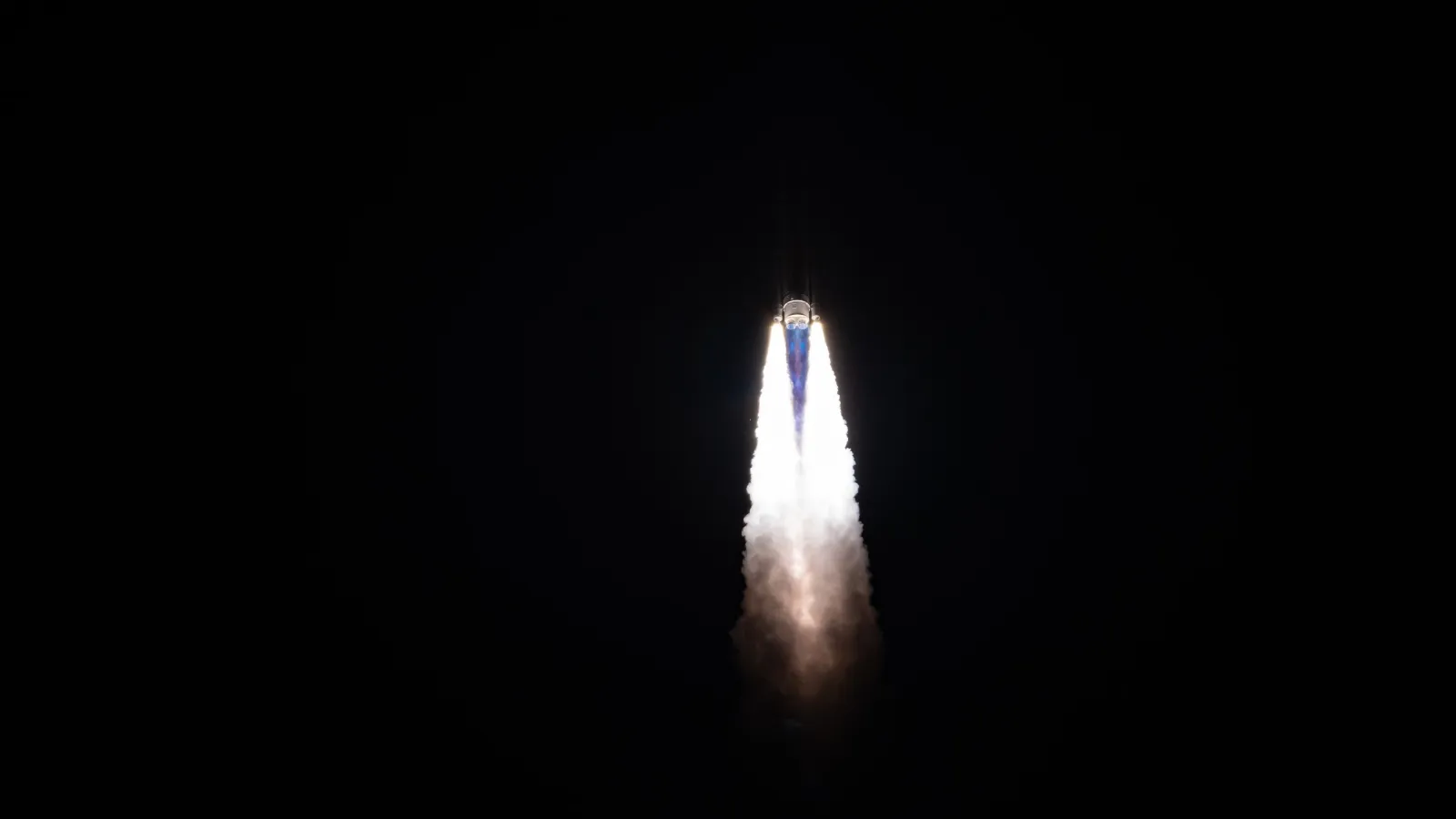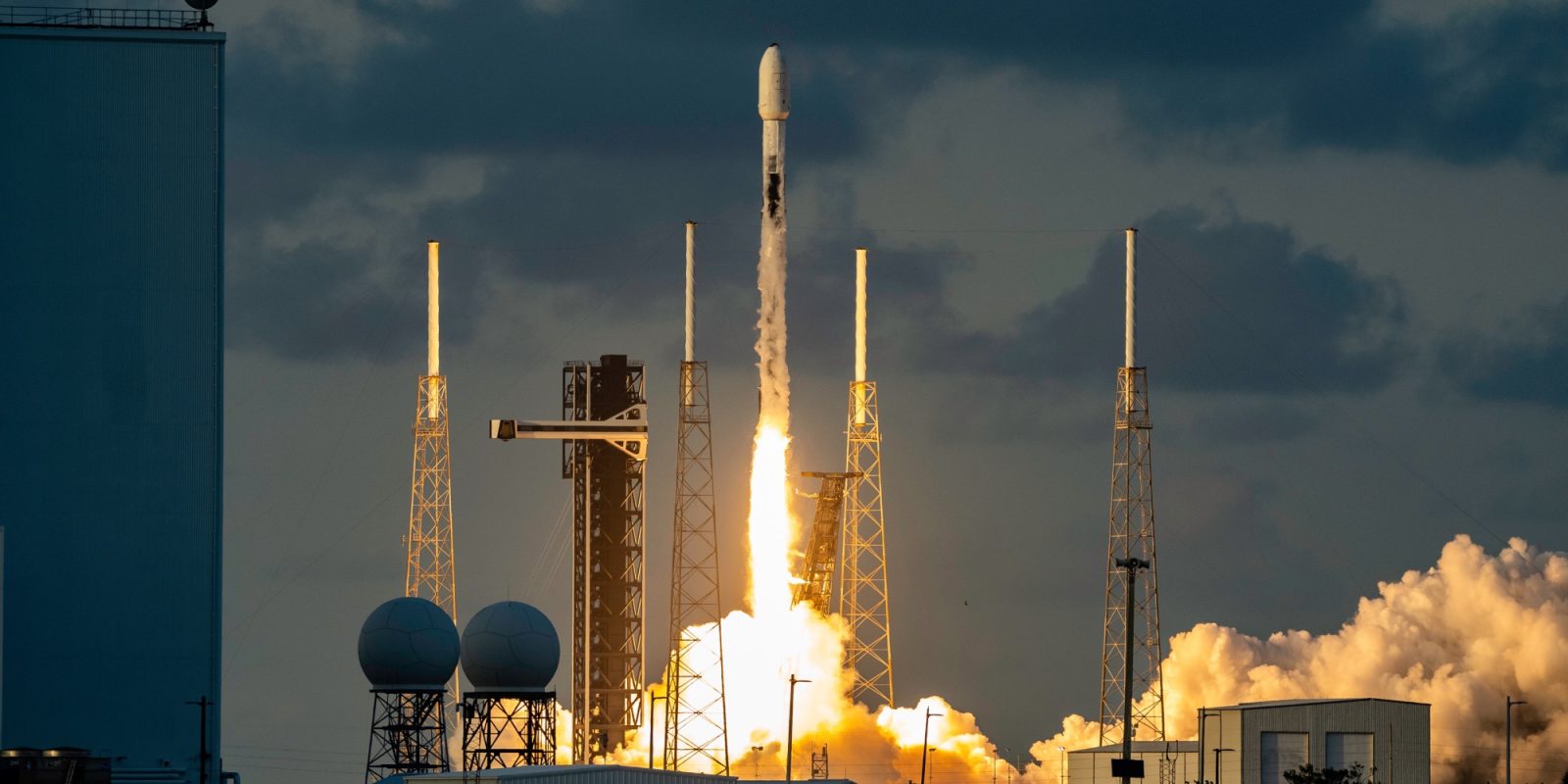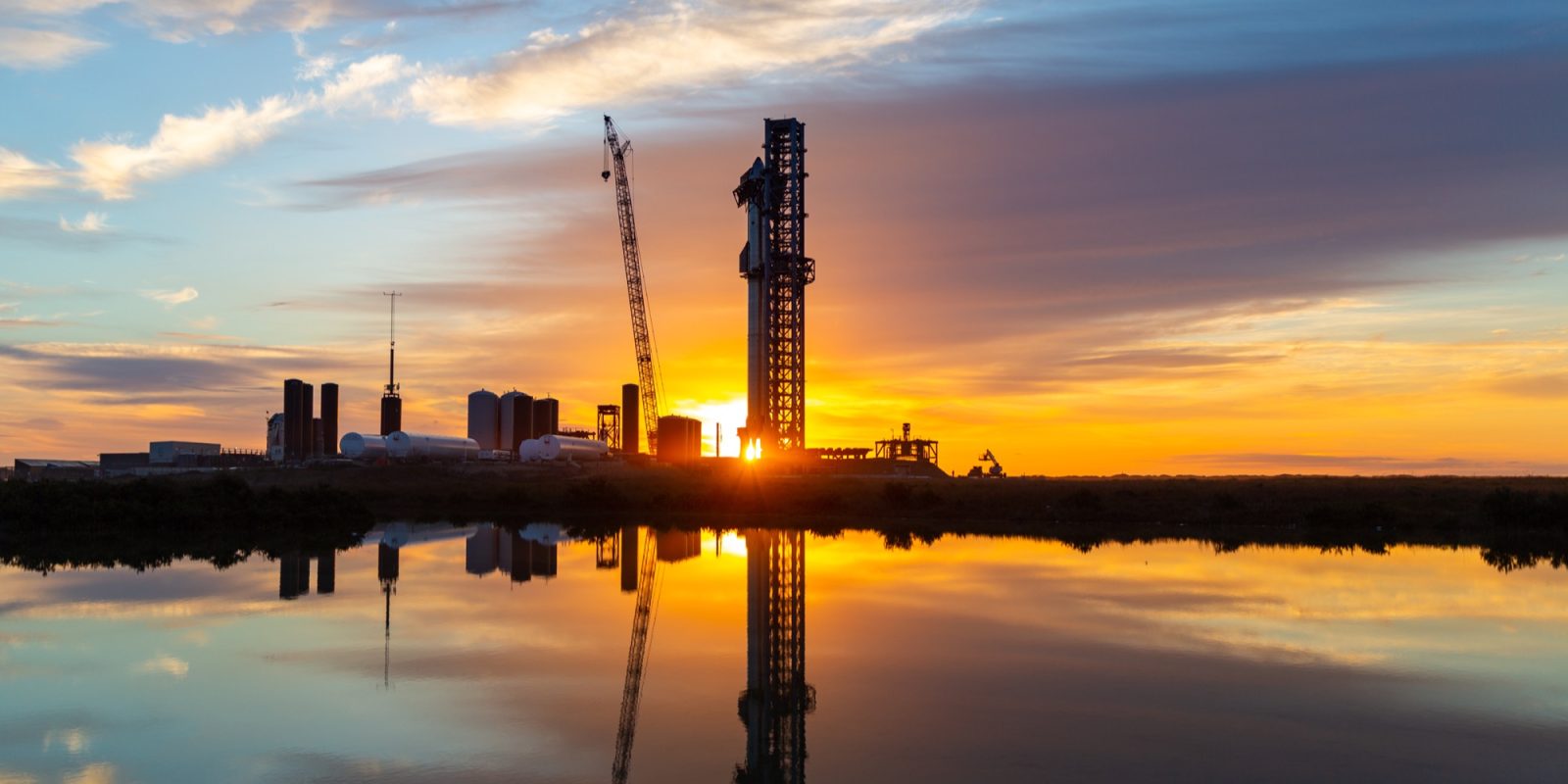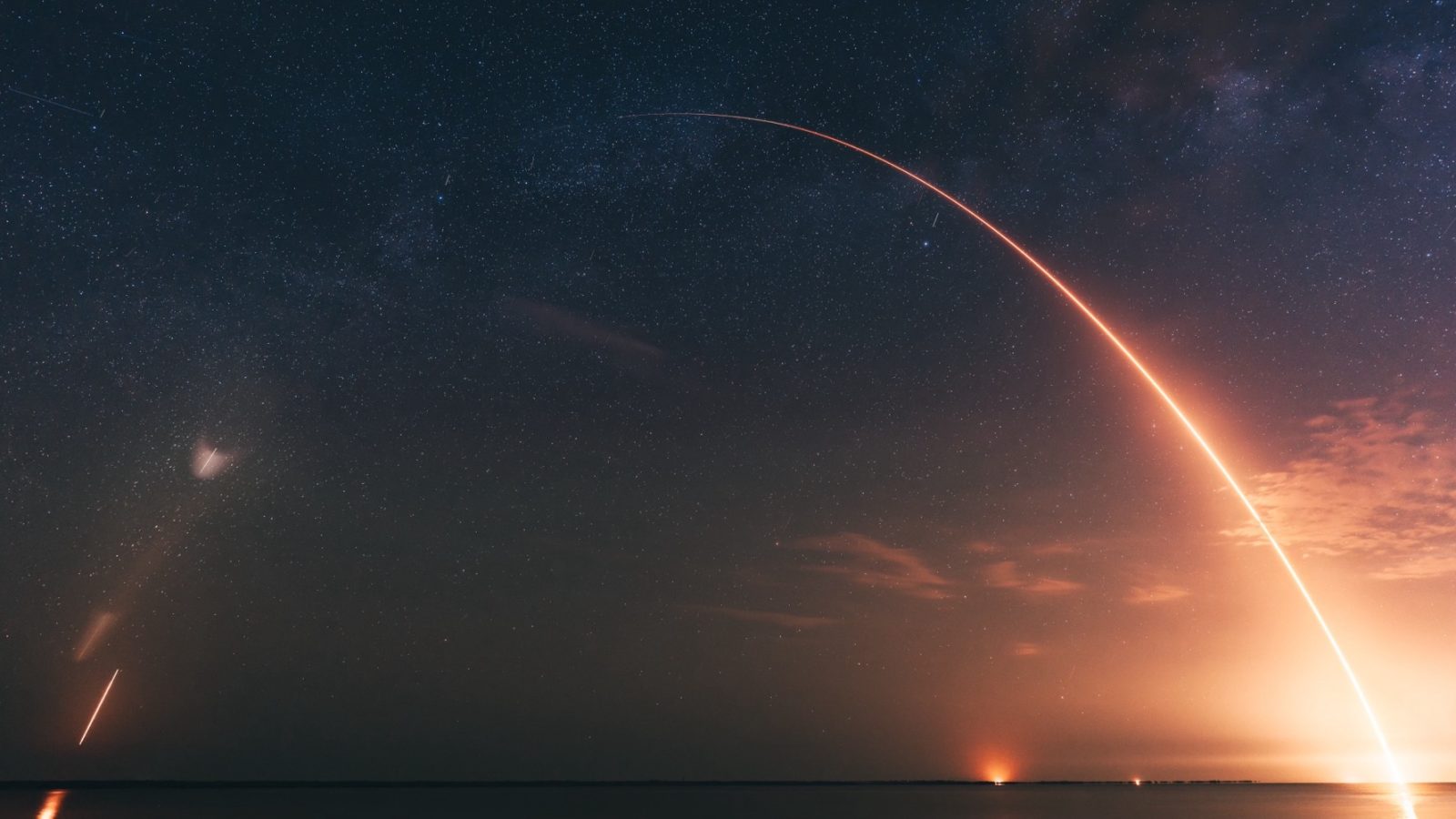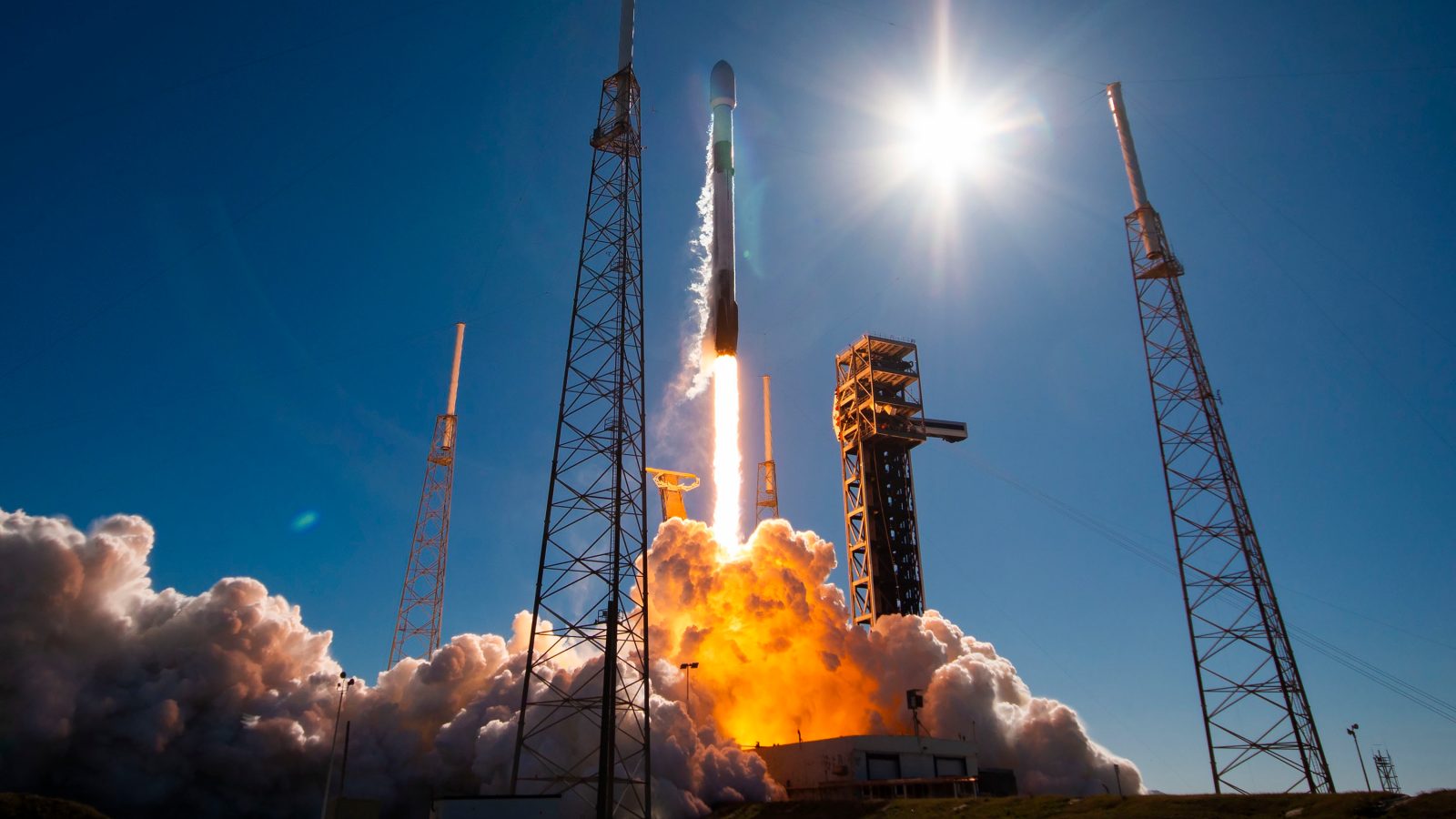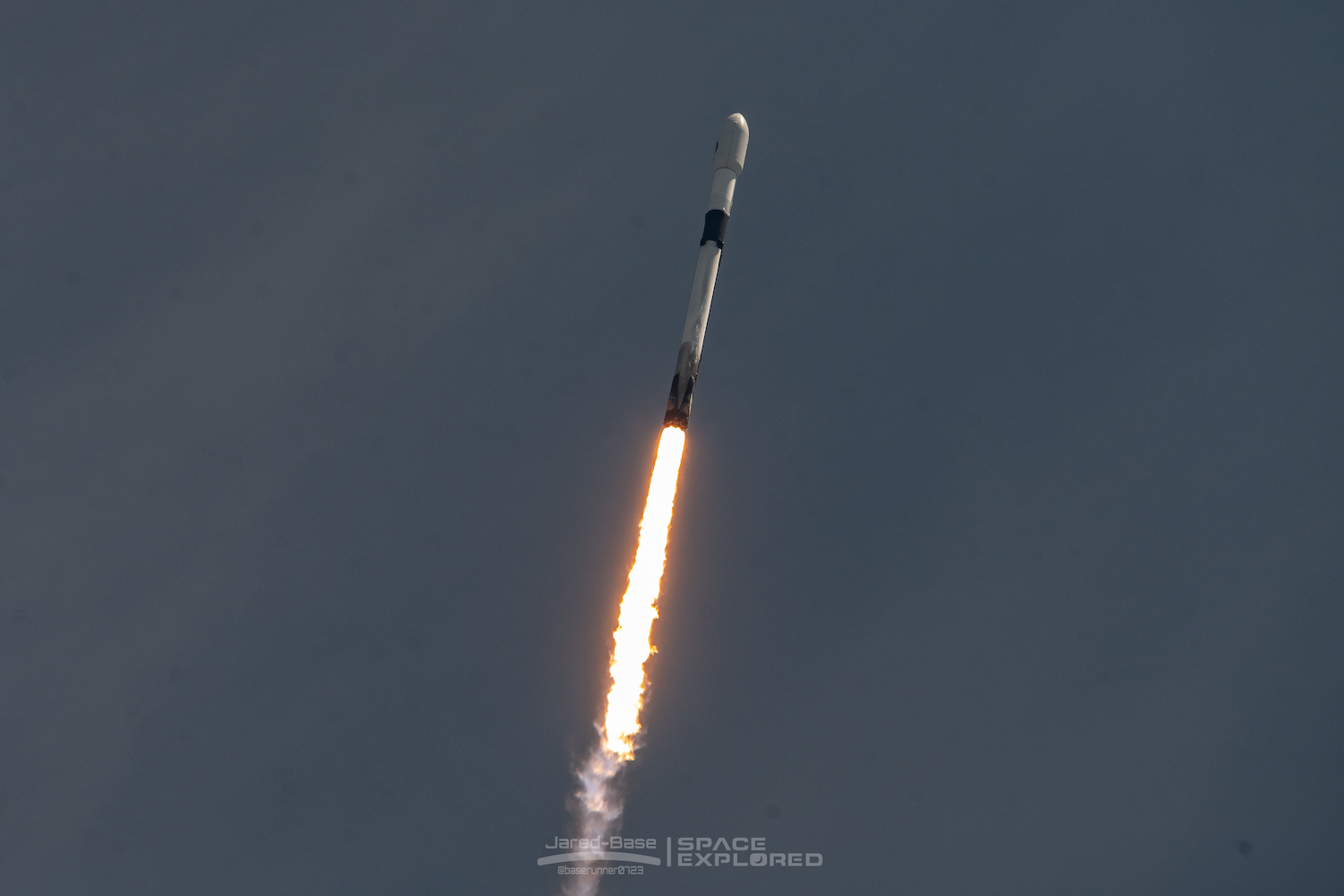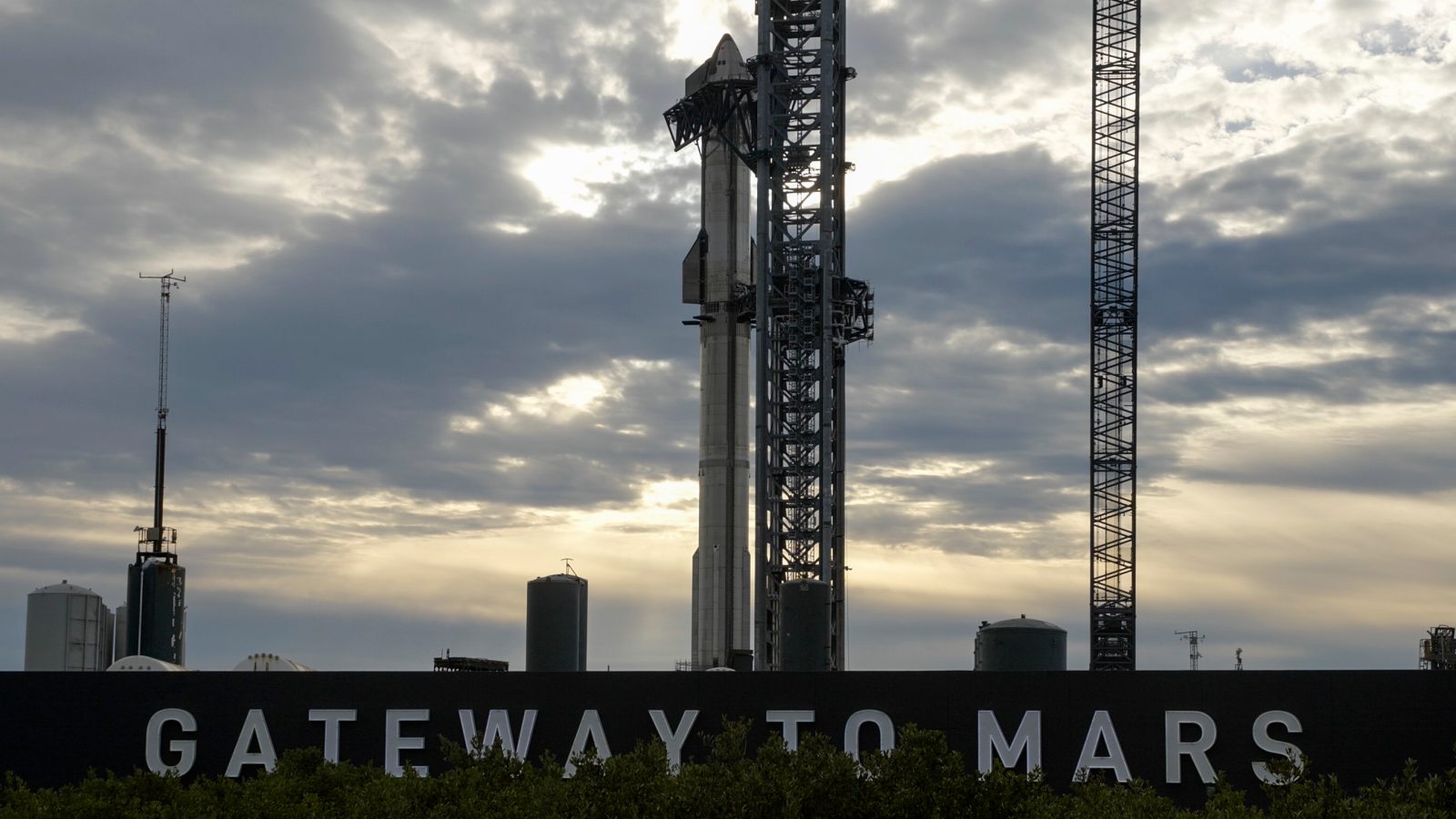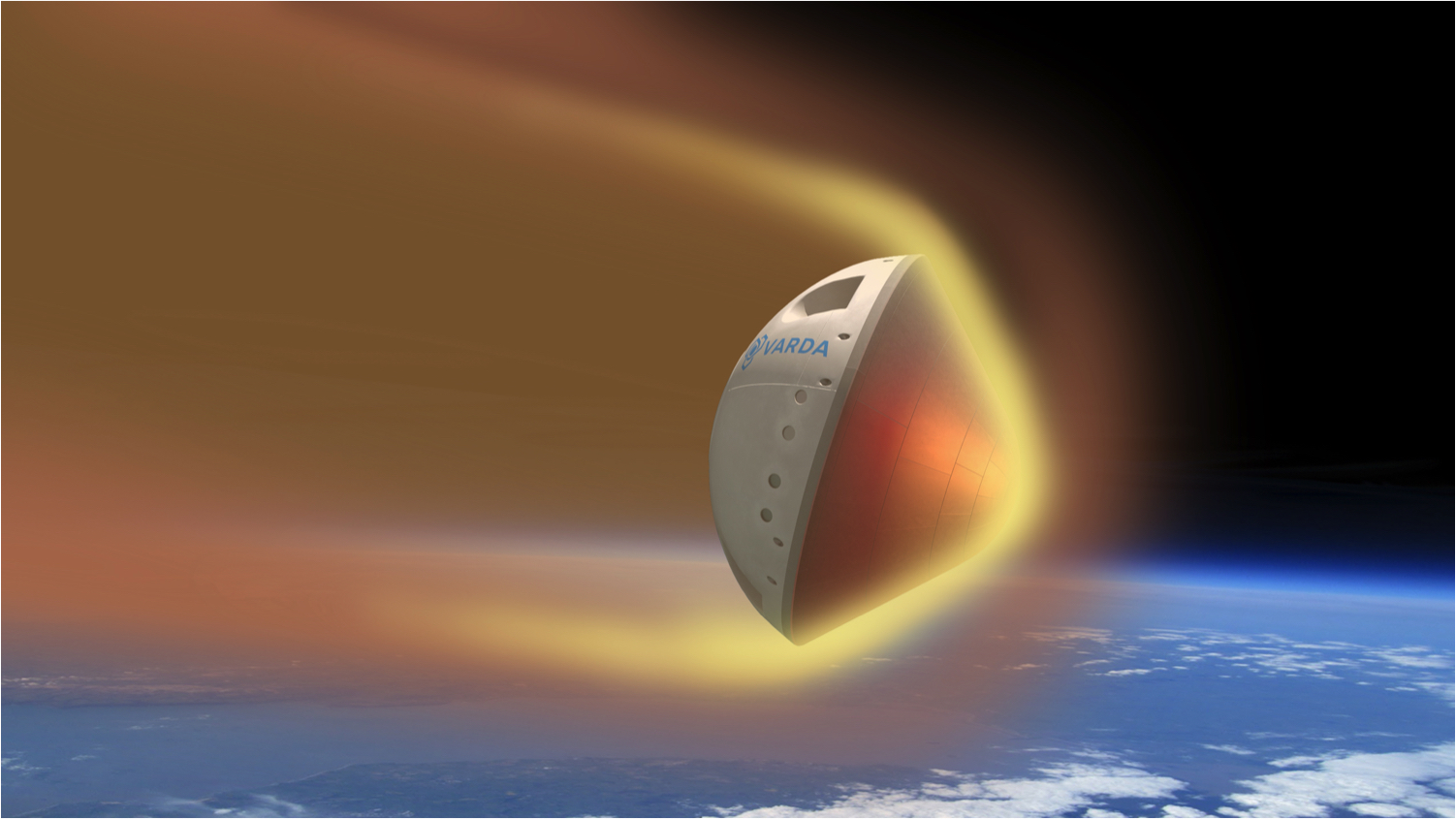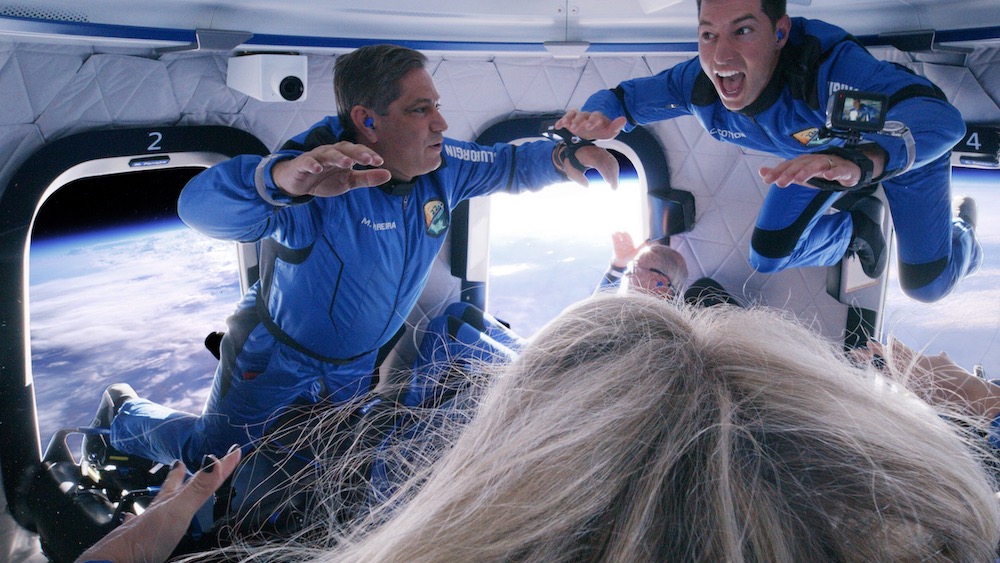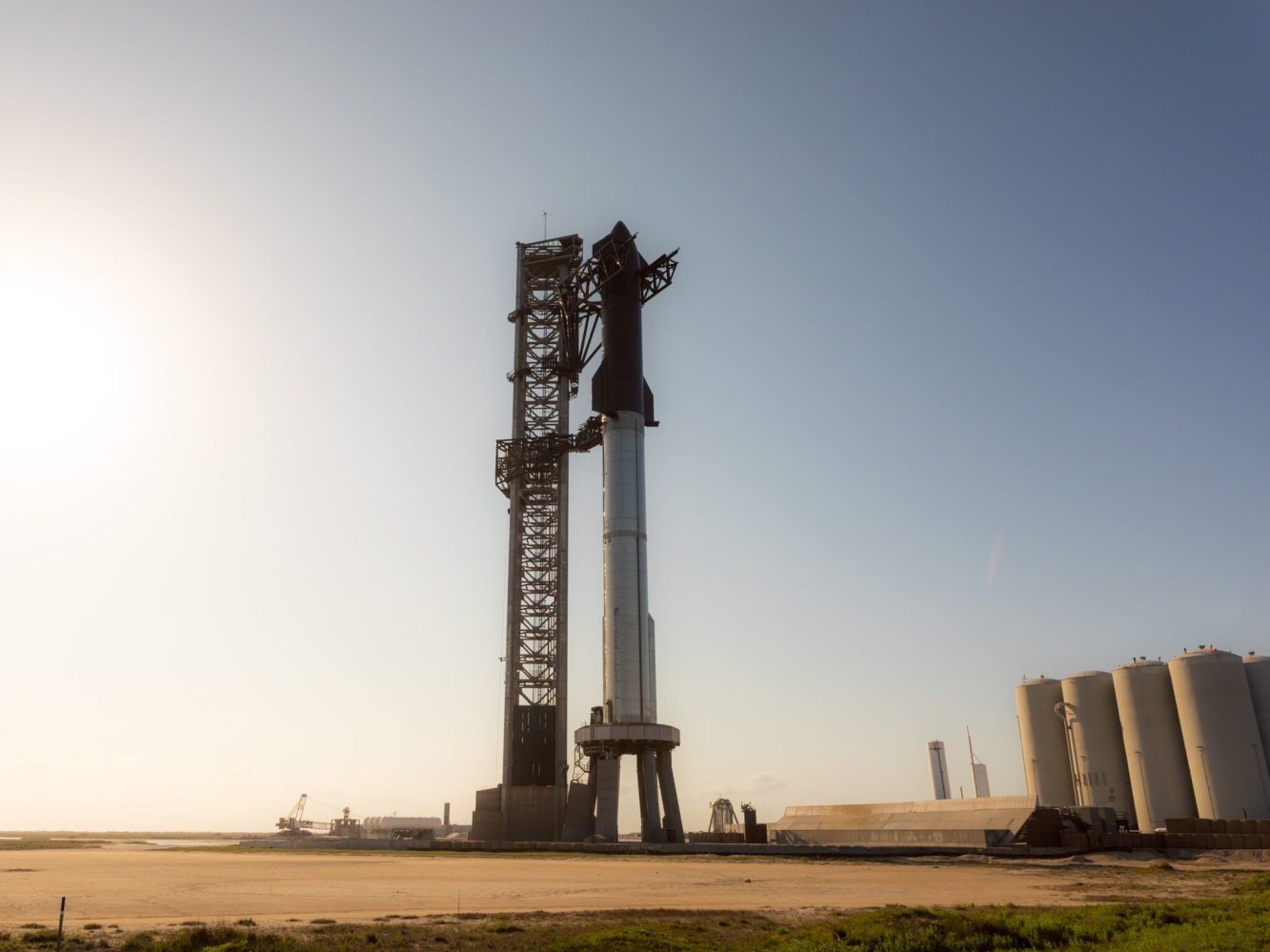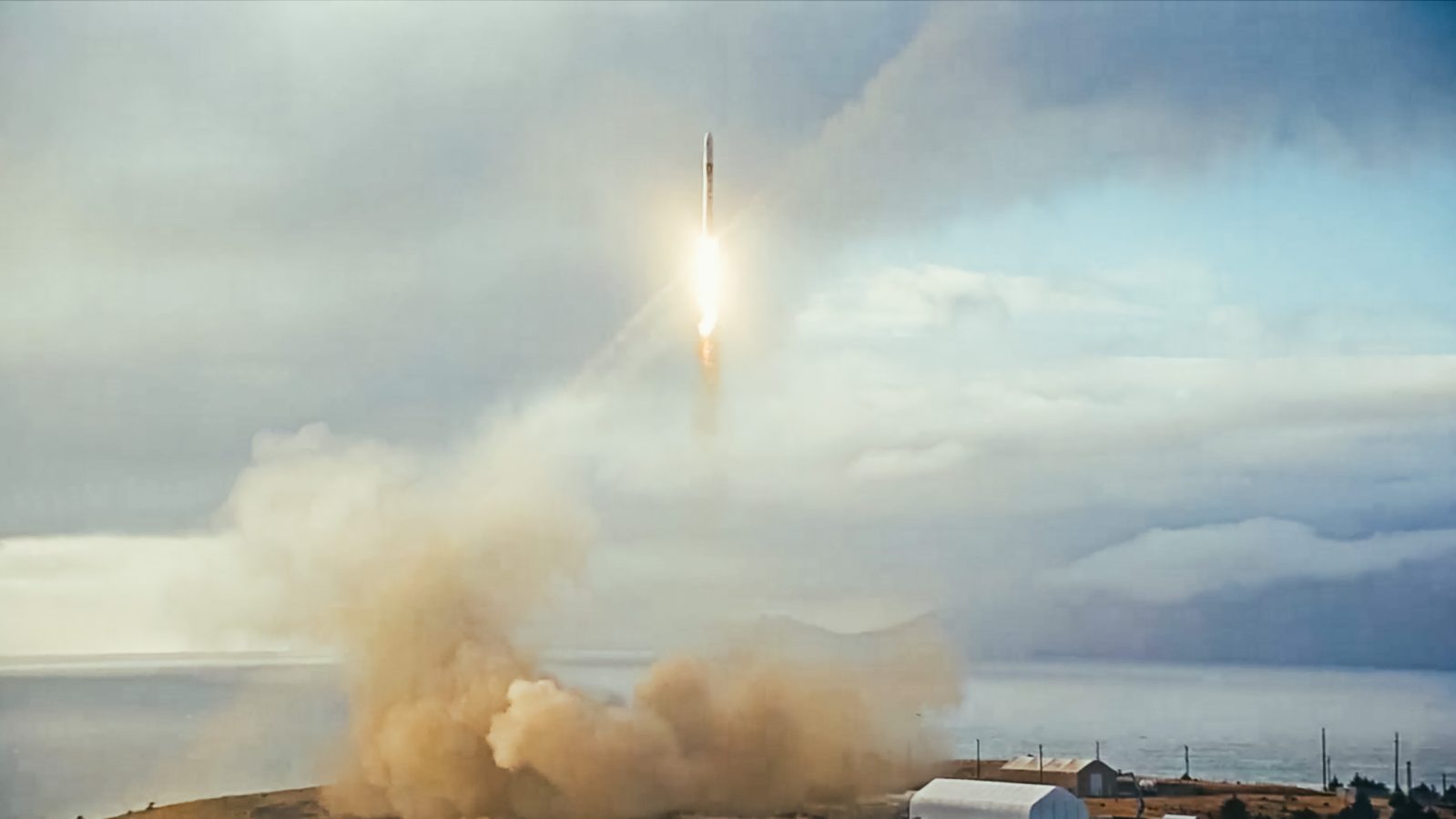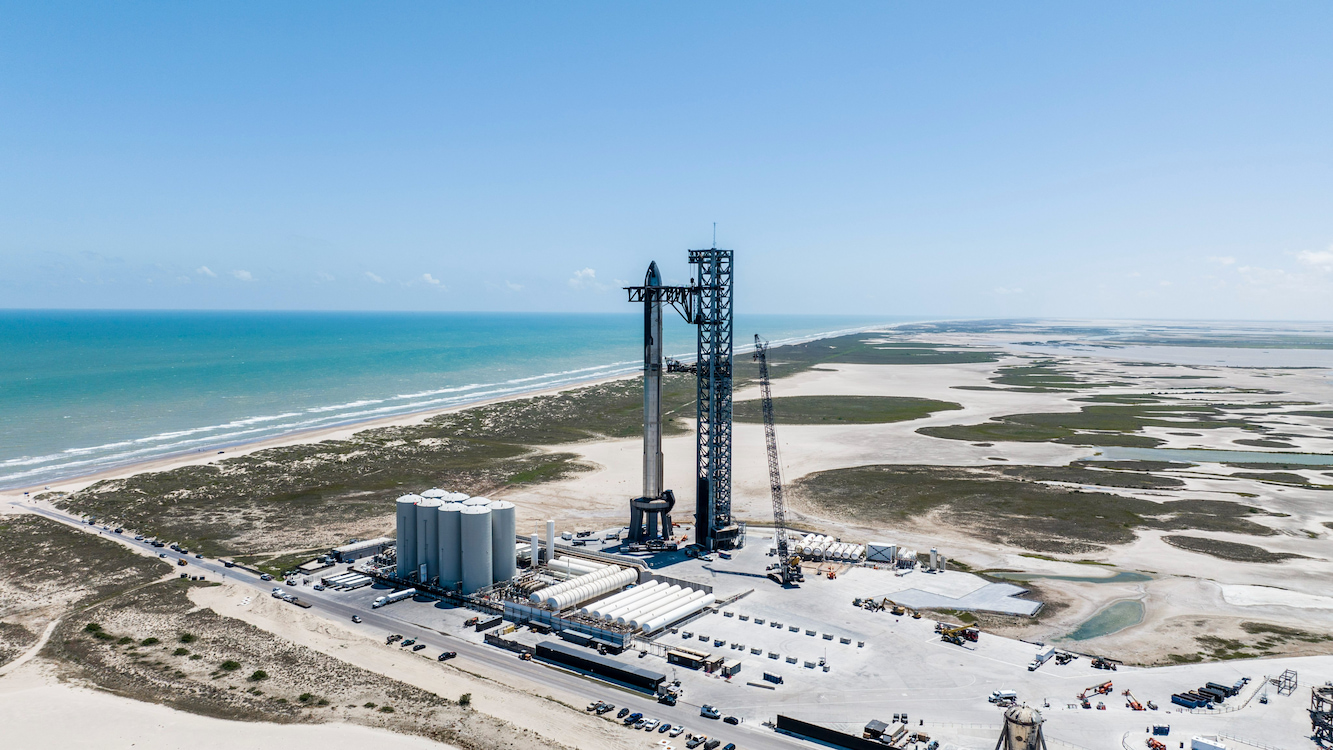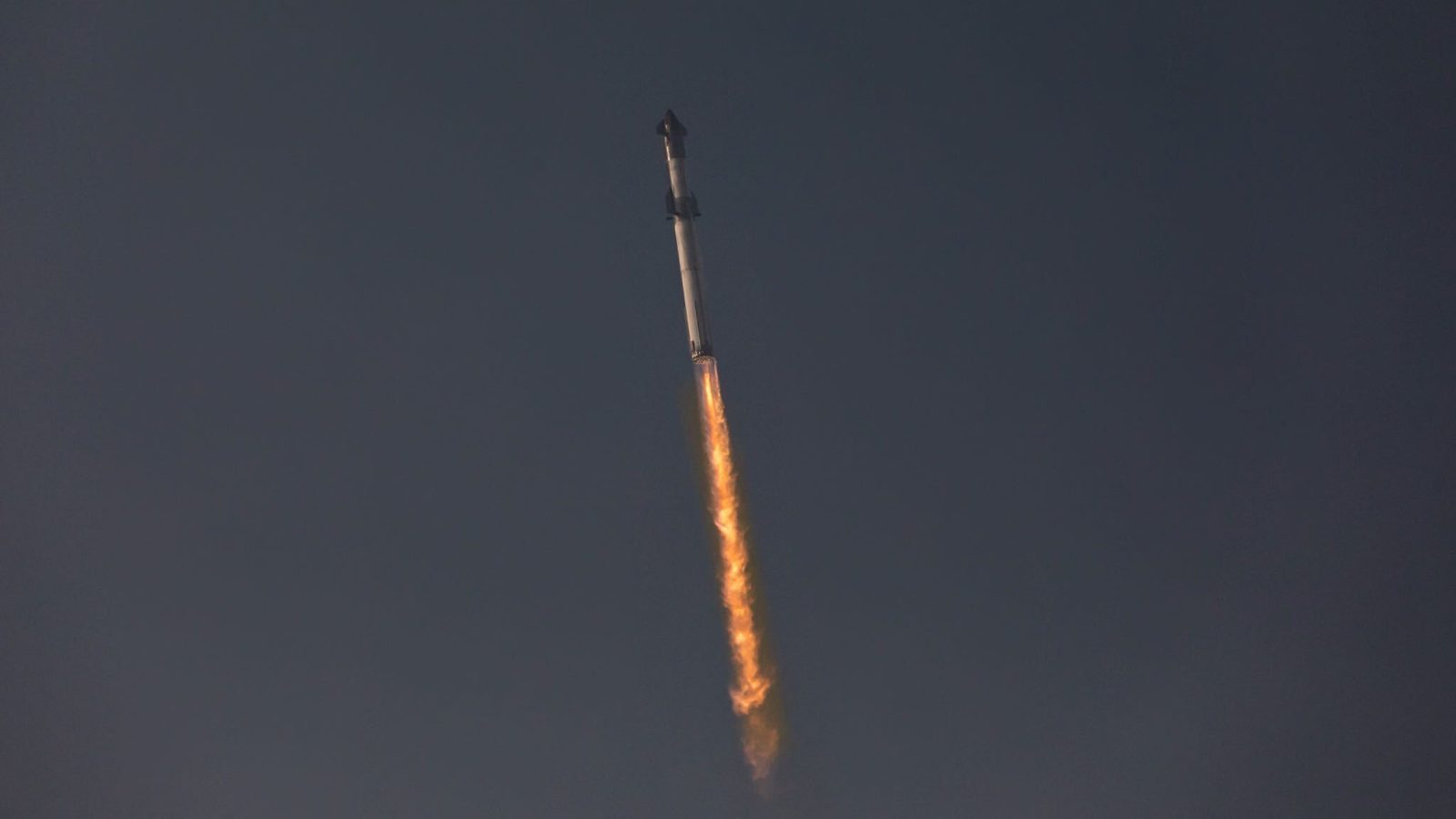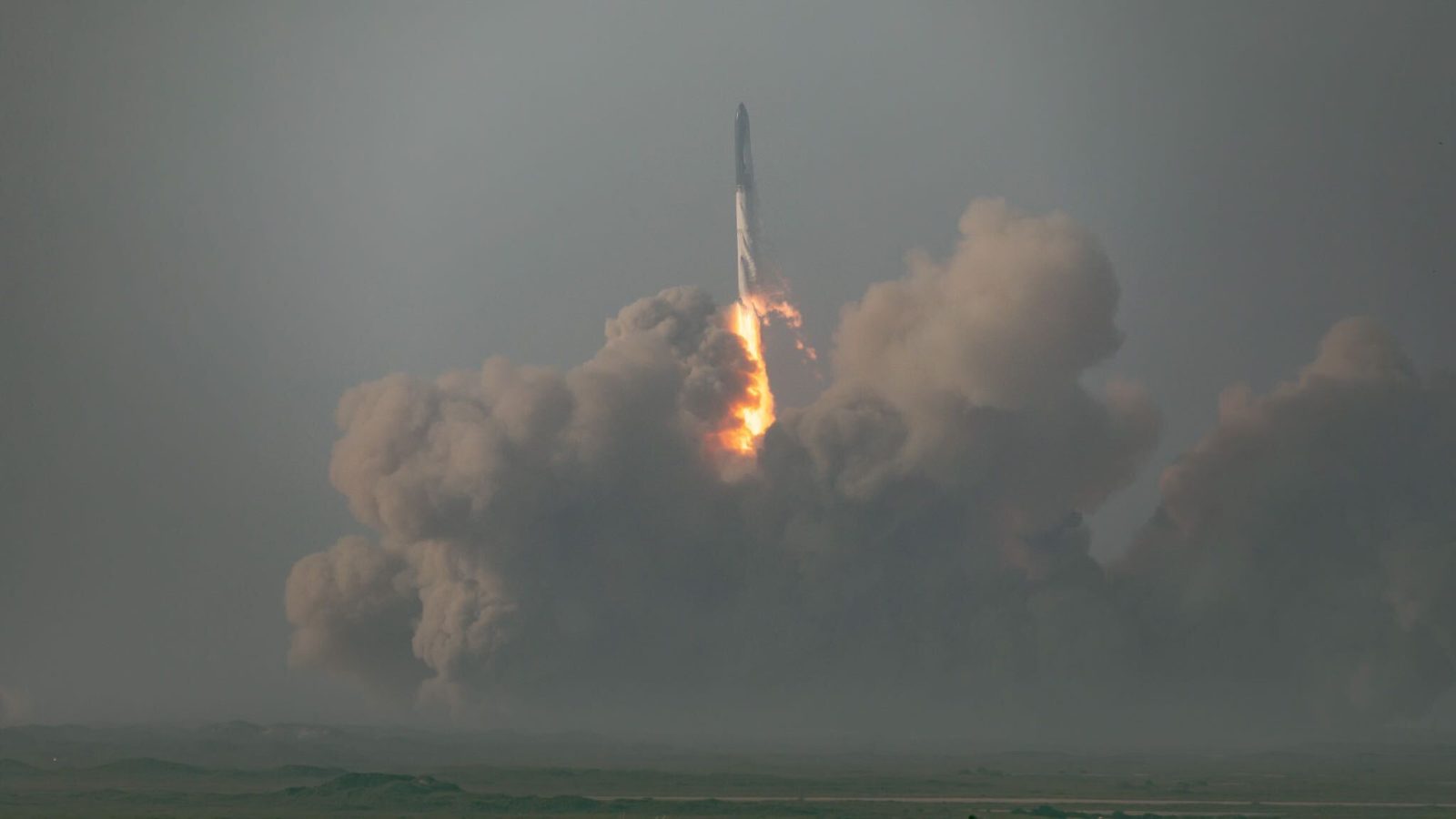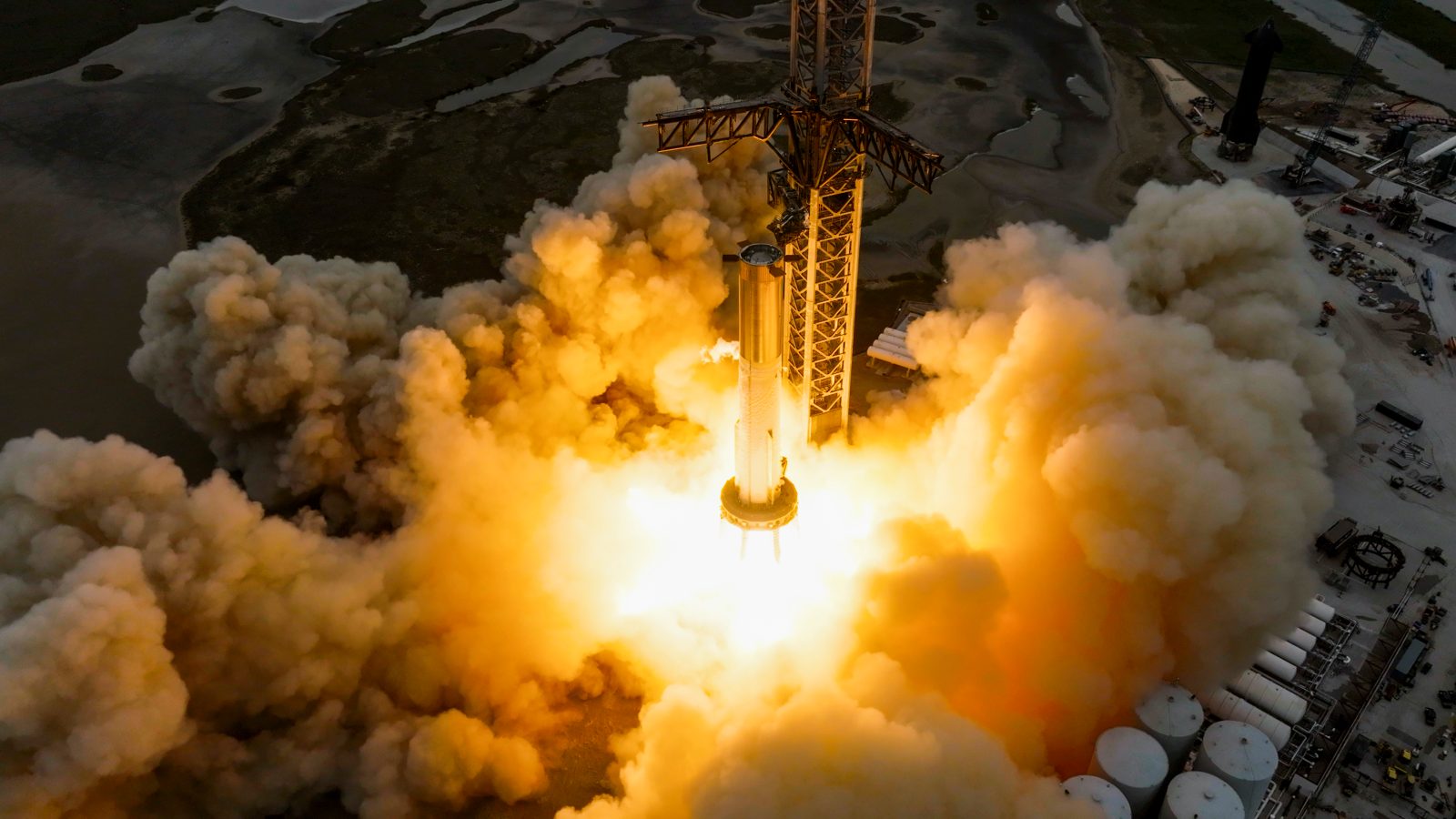FAA – Federal Aviation Administration
The Federal Aviation Administration or FAA is a US Government agency which has the authority over all aspects of aviation and airspace control over the United States of America. The agency in recent years has also taken the helm of regulating the commercial spaceflight sector, from launches to reentry, the FAA has the final say if something can happen.
In 1984, President Ronald Reagan signed into law the Commercial Space Launch Act of 1984 which set up the Office of Commercial Space Transportation within the FAA. This office is in charge of regulating launch license for both commercial rockets and spaceports, handling reentry licenses, and ensuring safety standards are met.
The FAA specifically only oversees the private sector and does not have authority over national defense or civil (NASA) spaceflight operations. So while the FAA would be the ruling authority over missions from Axiom, Virgin Galactic, Blue Origin, or SpaceX flights from private customers, NASA has the authority during NASA related missions like crew rotations and ISS resupply flights.
That being said, NASA, the Department of Defense, the FAA and the National Transportation Safety Board routinely work together in keeping space operations safe. Notably the FAA, NASA, and depending on the severity, the NTSB all oversee mishap investigations of failed rocket launches.
There has been plenty of criticism of the FAA’s regulating of the commercial space sector and companies have pleaded with congress to increase its staffing to better suit the needs of the industry. This can be seen during launch operations where FAA safety inspectors are required to be on site and the office just doesn’t have enough to support multiple launch countdowns at once.
